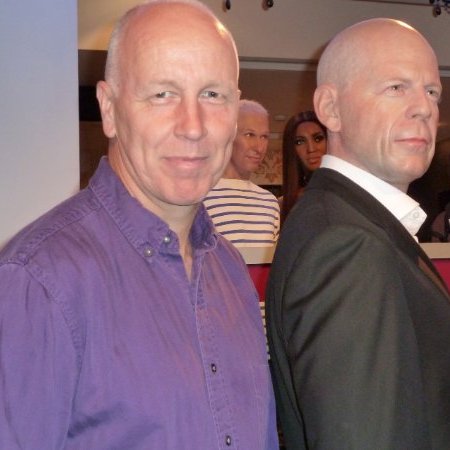Pablo Picasso has inspired this week’s post. Thanks Pablo, it is pouring with rain outside, and to be honest I was feeling a bit flat and lost for words until I saw your great quote:
“I am always doing that which I cannot do, in order that I may learn how to do it.”
I love that. I have written before about how I learnt how to play jazz saxophone by coaching a teenage genius in how to improvise, even though I knew that I personally find it really hard to do. There is nothing like coaching someone else in order to learn how to do it yourself.
So now that I’m writing about coaching, I find myself asking what I have learnt from being coached by others. There is one session which stands out in my mind as being head and shoulders above the rest. It wasn’t even what you could call a coaching session, more an intervention, if you like. It was a breakthrough moment for me, that set me on a path which I am still joyfully pursuing.
When I first set out to develop my skills as a trainer I was lucky enough to be able to migrate gently from my previous role in Marketing in the small training company I worked for. I was able to spend time with various trainers learning how they went about their craft, and one in particular became a kind of mentor. Tony Combellack is a brilliant trainer, and one of his specialist subjects is Negotiation skills. Since this was a topic it was deemed that I might one day be vaguely competent to train others in, he and I spent quite a lot of time co-running workshops in the subject. Eventually I felt confident enough to “go solo”, and I started to run Negotiation Skills programmes all by myself (woo hoo!), would you believe?
Being the caring and considerate guy he is, Tony kept in touch with me on progress, and a month or two later contrived to bump into me in the office and ask how things were going. I told him that it was going OK, but something didn’t feel quite right: it took me a while to build rapport with groups – longer than I might have hoped, and certainly longer than it ever took him (a matter of minutes). This meant I was feeling on the back foot at the start of programmes, and I had to work hard to recover from what felt like a weak start.
This discussion wasn’t intended or labelled as a “coaching session”, but Tony then asked me one coaching question which led me to a breakthrough. He didn’t comment, advise, probe or even empathise. He had recognised what he thought the solution was, but didn’t even hint that he had an answer. He just said:
“Have you ever watched yourself at the beginning of a course?”
To which the answer was “No”. He then suggested that I video myself on the next course to see if I could identify the problem. I did so, and saw it straight away, blindingly obvious.
A massive mismatch in energy. I am standing there all fired up, waving my arms around and all excited, having been in the room for over an hour, had 3 coffees, put on some lively music and ready to party, and there they are, looking at me as if I am a guy on drugs. Their faces say it all – if this is what he’s like now, what will happen when things get really going?
I was dumbstruck. I knew the answer was for me to calm myself down, which I did thereafter by starting the course SITTING DOWN. Better eye contact, calmer atmosphere, participants doing more talking, less pressure on me: everyone’s a winner.
The genius of what Tony did was by not telling me what the answer was, and keeping it really simple. He suggested a process to me through which I could find my own answer. Isn’t that what perfect coaching is all about?
I think it takes real generosity to do that – to allow the coachee (is that the word?) to own the answer, and not to deny him or her the opportunity to find it for themselves. There is total absence of ego in this approach, which is why so many people find it hard to coach well. Maybe the best coaches are the ones who don’t need to prove anything?
So there you have it: how to coach with one question. If it’s the right question, it’s all you’ll need.
Further thoughts on coaching are in this longer article published several years later.
Just to finish off on a low, here’s a video on how NOT to coach someone, perpetrated by another old mate, Spencer Holmes. The sheer abusiveness of what he does to me in this one must come from somewhere deep. Very deep.
[youtube=http://youtu.be/9r8UBsUJ_DI]




I am currently developing my training and facilitation skills and thought your how not to coach was very entertaining and thought provoking. Would you be kind and send me the 20 errors, I have quite a list of them and would like to see if they match.
Hi Angelina
Glad you found it helpful. Give me your email and we’ll sort out our list of 20 errors.
Michael, a good read to start the week – thanks. Yes, the right, single question can do wonders. Thanks for the insight.
– Michael H.
Thanks Michael. Have a great week.